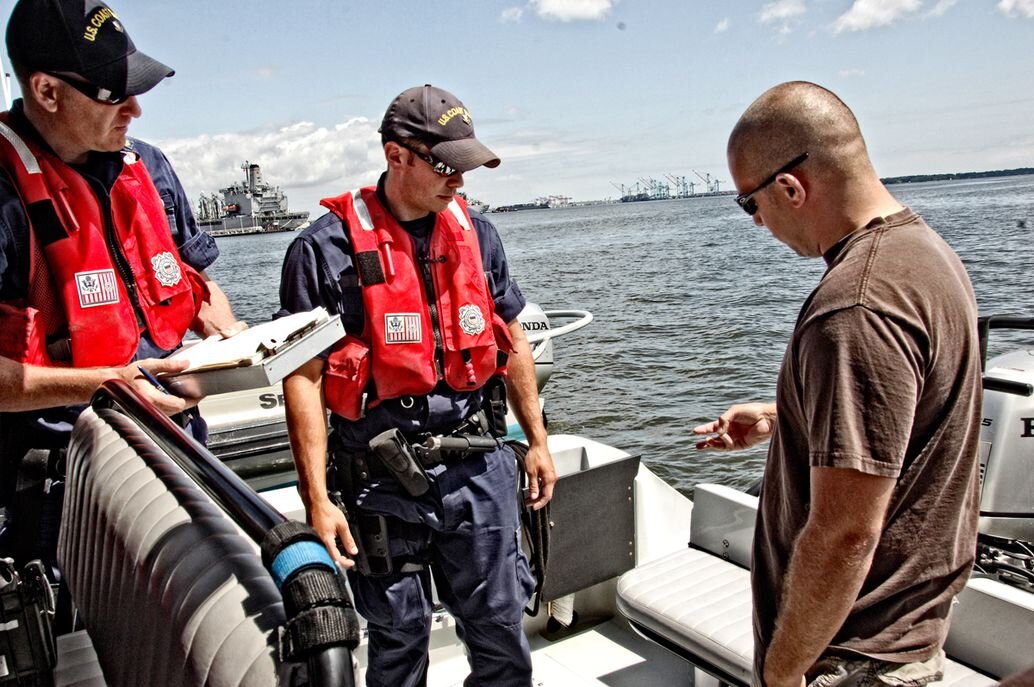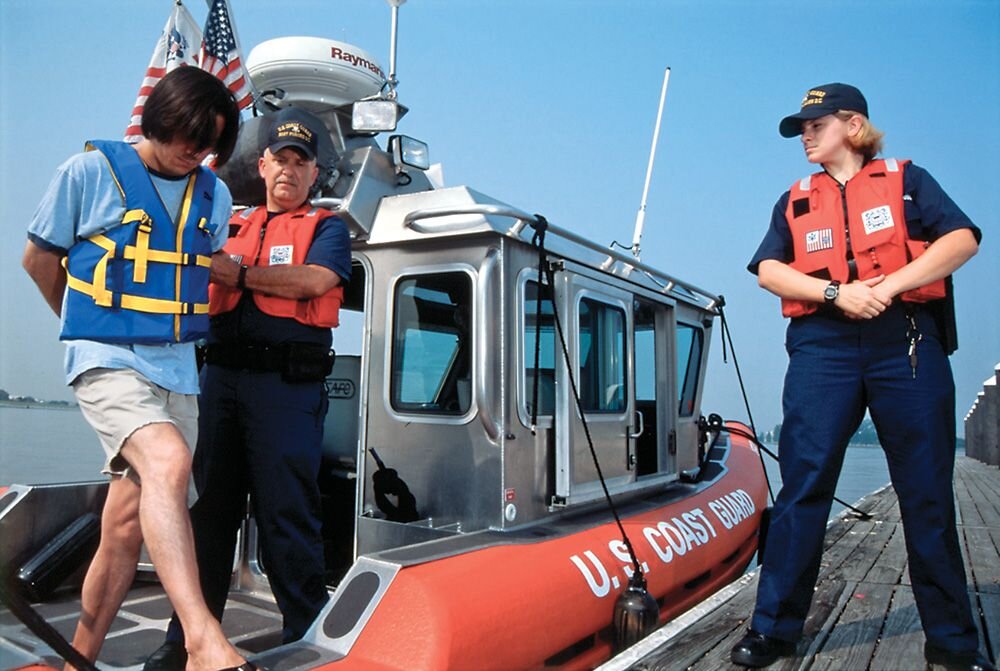

One question that I have had ever since Prop 64 passed was how cannabis would be treated on the open water. As an avid fisherman, I have a pipe dream of starting a cannabis-themed non-profit guided fishing service for military vets where we putt around the bay or local lakes on a small skiff while they get baked and catch bass. Hey, a guy can dream, right?
State law immediately got twisted when it comes to land-based vehicles. For most motorists and their passengers, cannabis is to be treated much like alcohol in the car – the driver cannot partake, and neither can any of the passengers… not legally anyway. Exceptions were immediately sought for upstart cannabis tourism companies offering party bus and/or limousine services specifically featuring cannabis consumption onboard.
Some media outlets are erroneously reporting that Senate Bill 625 has passed and is in effect already. This bill would carve out such exemptions ONLY IF there is nobody under the age of 21 onboard the vehicle and ONLY IF the driver’s compartment is totally sealed off from the passenger compartment including having its own ventilation system. The bill is currently stalled in the legislature after gaining some traction in 2019.
But what about boats?
What if there are no “compartments”, only open air?
Currently, the only advice I could find on the topic comes from boating enthusiast websites who all caution that regardless of your state’s cannabis laws, the Coast Guard follows and enforces federal laws and cannabis is still a Schedule I substance.
Considering how many of the cannabis-legal states have ocean coastline, this is a real consideration that must be kept in mind. As you know, state borders are not actual lines on the ground, and certainly not on the water, so boaters in possession of legal cannabis obtained in Massachusetts or Maine could easily drift over into the 13 miles of coastline sandwiched between them belonging to New Hampshire where cannabis possession is not as tolerated.
Being questioned and even boarded by the Coast Guard is not all that uncommon if you spend enough time offshore but honestly, they are looking for weed smugglers not weed smokers. The odds of you getting busted off the coast of California for a small bag of weed on your boat are likely slim, but that sack, if discovered, will almost surely trigger a field sobriety test for whoever is operating the vessel, and that’s where things can get wavy.

Even freshwater lakes can be unfriendly to smoking and boating as you could find yourself on state or national park land patrolled by rangers or game wardens with federal authority. Lake Tahoe, for example, is under Coast Guard jurisdiction due to potential trafficking between California and Nevada.
Here’s the deal, you can make this argument about anything that has to do with state-sanctioned cannabis. From growing, to processing, to selling, to testing, to buying and consuming we are all breaking federal law every day. Hell, by taking our tax dollars the state is an accomplice! The thing is if you have clearly defined state laws, and you fully abide by them, the odds of you facing federal scrutiny is nearly non-existent. However, anytime there is room for interpretation it seems we get screwed until we clarify the state law.
So, for now, if you choose to take some weed out on the water make sure that you know your local laws, make sure you know who is on patrol, and make sure your captain can convince authorities that they can safely operate the vessel.
The regulation and taxation of recreational adult-use cannabis in California has, by nearly all metrics, failed to live up to its potential so far. Instead, it almost instantly devolved into a breeding ground for political and police corruption, as well as a pit of quicksand for those hoping to cash in quick, and a frustrating clusterfuck for those of us who know damn well how to produce and sell high-quality cannabis if only the state would get out of the way.
Among the many systemic flaws of Prop 64 has been, from the jump, its vague language on crucial aspects of the new law, leaving room for wildly conflicting interpretations between the state, local municipalities, and applicants or licensees.
When lawmakers can be bothered to address these flaws by way of advancing state senate and/or assembly bills to make minor changes to the overarching law, it feels like about a 50/50 shot for success but two major victories from 2019 come to mind.

As originally written, Cali’s new cannabis law effectively killed the state’s thriving network of compassionate cannabis programs that provided low- or no-cost cannabis to those in need. Though the practice was not banned outright by the new law, such heavy taxes were imposed on such donations that it became financially unfeasible for many of these programs to continue to have such a positive impact. Senate Bill 34 was advanced through the state legislation throughout last year looking to free such transactions from the burdensome taxes crippling the rest of the market. Through the hard work of cannabis activists and advocates up and down the state we made our voices heard in Sacramento and the bill was signed into law by Governor Newsom on October 12th of last year.
This was a huge victory for compassionate cannabis programs and those that they serve and a victory for safe access in general. Similarly, vague language in the original version of Prop 64 left way too much room for (mis)interpretation regarding cannabis delivery. Many cities and counties in Cali decided to ban all commercial cannabis activity within their jurisdiction – that means no grows, no stores, and even in their opinion no home delivery. Fortunately, the suits in Sacramento crave cannabis tax dollars and regulators stepped in to clarify the cloudy language in the law by stating unequivocally that cannabis delivery is to be allowed in all parts of the state, regardless of local ordinances or bans. Affected cities and counties attempted to mount a legislative attack by way of AB 1530 which looked to hand that authority back to the local municipalities, but the bill failed passage in the Assembly Business and Professions Committee.
In all, Cali lawmakers proposed over 40 new cannabis-related bills in 2019, all admissions of a weak framework of regulations meant to support and fuel what should be the most lucrative cannabis market on the planet. Yes, there were legislative victories and, yes, there were defeats and, yes, there are still more unanswered questions and there is still a lot more work to be done.
An in-depth recap of all the state-level legislative highs and lows from 2019 can be found HERE

















